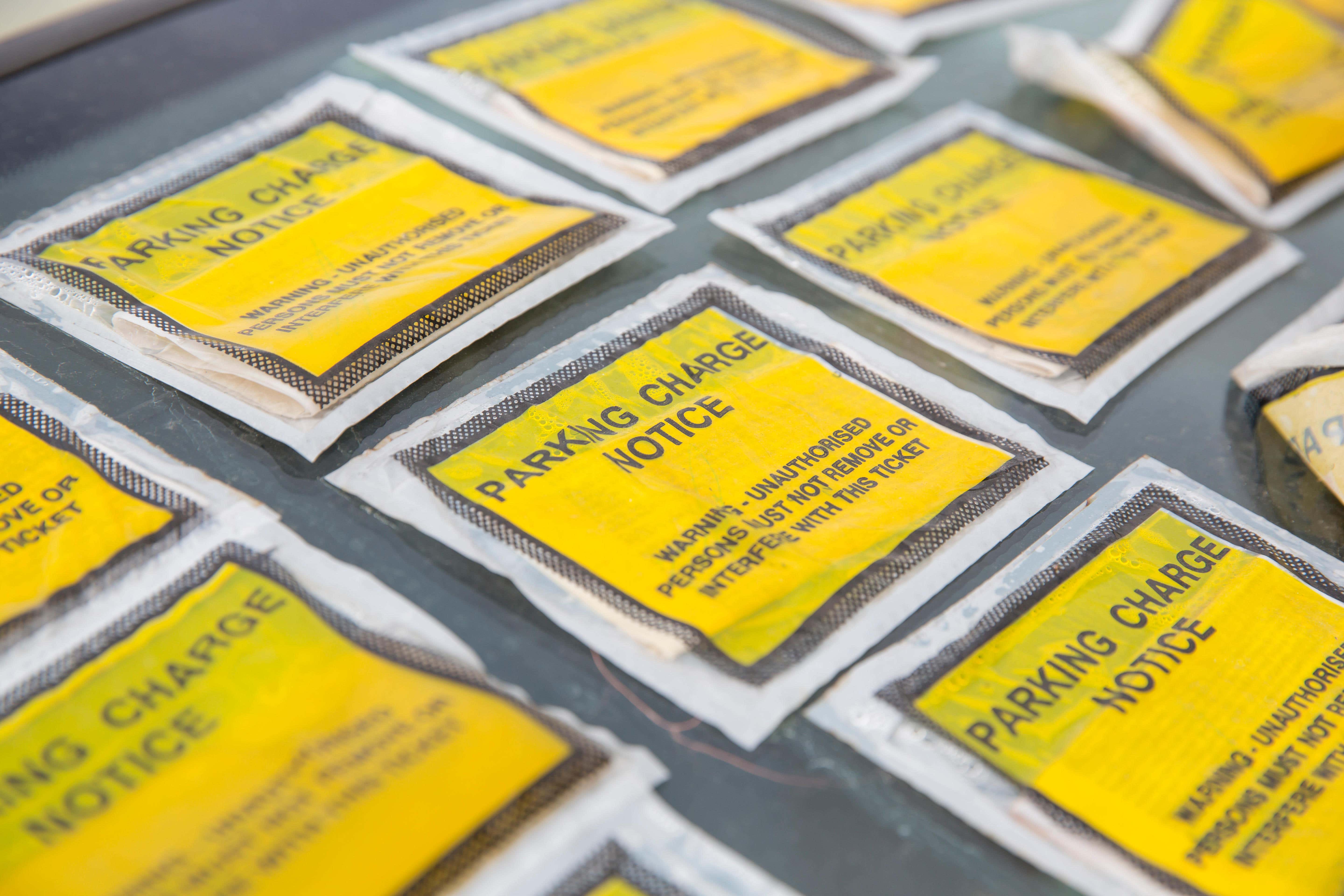Private parking sector publishes ‘watered down’ code of conduct
The AA said the set of rules does not include ‘desperately needed’ measures such as a cap on charges.

Private parking companies have been accused of introducing a “watered down” code of conduct.
The AA said the set of rules created by the sector does not feature “desperately needed” measures such as a cap on charges.
The code of practice published by industry bodies, the British Parking Association (BPA) and the International Parking Community (IPC), on Thursday, includes a 10-minute grace period for motorists to leave a car park after the parking period they paid for ends.
It also features requirements for consistent signage, a single set of rules for operators on private land and an “appeals charter”.
BPA chief executive Andrew Pester said: “This is a key milestone as we work closely with Government, consumer bodies and others to deliver fairer and more consistent parking standards for motorists.
“We will continue to push for a positive outcome for all.”
IPC chief executive Will Hurley said: “This new code will create positive change across the UK, enhancing protection of the most vulnerable in society, whilst creating consistency and clarity for motorists and continuing to elevate standards across the sector.”
The industry bodies are asking private parking operators to implement the new code by October 1.
Analysis of Government data by motoring research charity, the RAC Foundation, found 9.7 million tickets were issued to drivers by private parking companies in Britain between April and December last year, which is equivalent to nearly 35,300 every day.
Private parking businesses have been accused of using misleading and confusing signs, aggressive debt collection and unreasonable fees.
A Bill to enable the introduction of a legislation-backed code of conduct received Royal Assent in March 2019.
This code – due to come into force across Britain by the end of last year – included halving the cap on tickets for most parking offences to £50, creating a fairer appeals system, and banning the use of aggressive language on tickets.
But it was withdrawn by the Government in June 2022 following a legal challenge by parking companies.
AA head of roads policy Jack Cousens said: “It’s somewhat ironic that after pushing so hard against adopting a code, the two bodies have decided to implement their own.
“This watered down code of practice falls far short of the standards the AA, Government and consumer groups have called for across many years.
“This self-authored code doesn’t acknowledge the need to cap charges and remove debt recovery fees.
“These elements are desperately needed from a Government-backed code to protect innocent drivers from the sharks running private car parks.”
RAC head of policy Simon Williams said: “Drivers shouldn’t be fooled into thinking this so-called code developed by the private parking industry itself is the same as the long-delayed official private parking code of practice that is backed by legislation.
“This, and only this, will bring an end to the worst practices of some private parking operators and mean drivers – especially those who are vulnerable – are protected from unreasonable fines and debt collectors chasing down payments.”
Bookmark popover
Removed from bookmarks